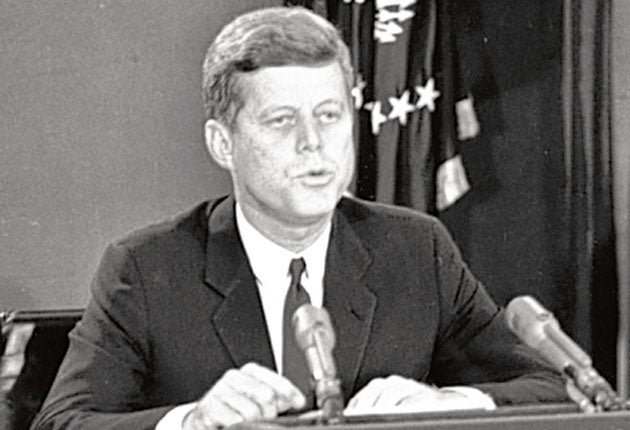404BC
A "blockade" cuts off imports and exports of food and supplies from an area by force, unlike an "embargo", a legal barrier to trade, or a "siege", which targets a city, not a state or country. The first blockade on record occurred between two city states in the ancient Greek empire. Sparta imposed a blockade on Athens during the Peloponnesian War (431BC-404BC) with devastating consequences – the Athenians starved and surrendered after six months.
1806
Still enjoying the naval dominance that saw it defeat the French and Spanish at the Battle of Trafalgar in 1805, Britain imposed a blockade on France during the Napoleonic Wars. In response, Napoleon issued the Berlin Decree, forbidding the import of British goods into Europe, hoping to cut British trade and starve the country. It backfired. The Royal Navy was powerful enough to make sure trade still took place.
1861-1865
Instituted by US President Abraham Lincoln during the American Civil War, the Lincoln-controlled Union used its impressive navy to close down 3,500 miles of Confederate coastline, stopping the Confederacy's cotton exports and crippling its economy. Although the Confederacy enjoyed some success at evading the Union's ships, their exports were reduced by 95 per cent.
1948-1949
After the Second World War, Germany was divided between the French, Americans, British and Russians. Because of differences of opinion with the West over how Germany should be governed, and a wish for control, the Russians blockaded their section. The Allies responded by airlifting in supplies, and the blockade was called off. It is widely considered to be the first crisis in the escalating Cold War.
1962
During the October 1962 missile crisis, the USSR, under the command of Premier Nikita Khrushchev, threatened to launch a nuclear attack on the US from missile sites in Cuba. US President John F Kennedy imposed a partial blockade on the Caribbean island, which solely restricted the import of weapons. The Soviets eventually backed down and disassembled their Cuba-based arsenal.
2007-2010
Israel imposed its blockade on Gaza in June 2007 after the Islamic political party Hamas took control of Gaza by force from the rival political party Fatah. Israel classifies Hamas as a terrorist organisation. Gazans are reliant on imports through Israel and Egypt that are controlled by the Israeli government. The territory's 1.5 million inhabitants equally depend on goods which can be smuggled in via hundreds of tunnels along Gaza's border with Egypt.
Subscribe to Independent Premium to bookmark this article
Want to bookmark your favourite articles and stories to read or reference later? Start your Independent Premium subscription today.


Join our commenting forum
Join thought-provoking conversations, follow other Independent readers and see their replies